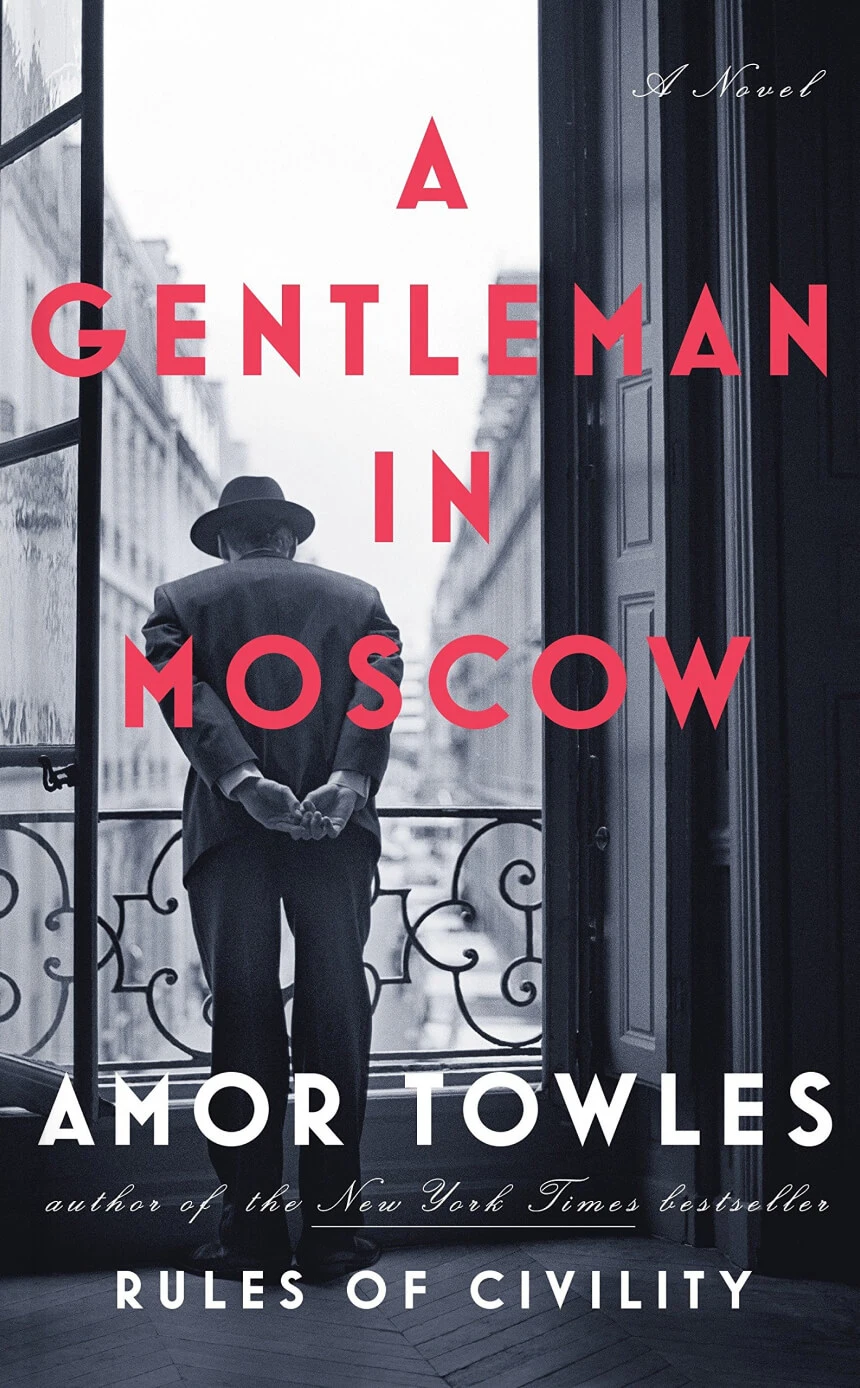
A Gentleman in Moscow

Selected By
Dev O.
Summary
With his breakout debut novel, Rules of Civility, Amor Towles established himself as a master of absorbing, sophisticated fiction, bringing late 1930s Manhattan to life with splendid atmosphere and a flawless command of style. Readers and critics were enchanted; as NPR commented, “Towles writes with grace and verve about the mores and manners of a society on the cusp of radical change.”
A Gentleman in Moscow immerses us in another elegantly drawn era with the story of Count Alexander Rostov.
When, in 1922, he is deemed an unrepentant aristocrat by a Bolshevik tribunal, the count is sentenced to house arrest in the Metropol, a grand hotel across the street from the Kremlin. Rostov, an indomitable man of erudition and wit, has never worked a day in his life, and must now live in an attic room while some of the most tumultuous decades in Russian history are unfolding outside the hotel’s doors. Unexpectedly, his reduced circumstances provide him a doorway into a much larger world of emotional discovery.
Brimming with humour, a glittering cast of characters, and one beautifully rendered scene after another, this singular novel casts a spell as it relates the count’s endeavour to gain a deeper understanding of what it means to be a man of purpose.
Highlights
“After all, what can a first impression tell us about someone we’ve just met for a minute in the lobby of a hotel? For that matter, what can a first impression tell us about anyone? Why, no more than a chord can tell us about Beethoven, or a brushstroke about Botticelli. By their very nature, human beings are so capricious, so complex, so delightfully contradictory, that they deserve not only our consideration, but our reconsideration—and our unwavering determination to withhold our opinion until we have engaged with them in every possible setting at every possible hour.”
, Amor Towles
"One might well draw the conclusion, that a man prone to pacing is a man who will act judiciously- given the unusual amount of time he has allocated to the consideration of causes and consequences, of ramifications and repercussions. But it had been the Count's experience that men prone to pace are always on the verge of acting impulsively. For while the men who pace are being whipped along by logic, it is a multifaceted sort of logic, which brings them no closer to a clear understanding, or even a state of conviction. Rather, it leaves them at such a loss that they end up exposed to the influence of the merest whim, to the seduction of the rash or reckless act -almost as if they had never considered the matter at all."
, Amor Towles

Next Book
The Giver of Stars